President Tetlow speaks out amidst national protests
President Tania Tetlow addresses the Loyola community at the President’s Convocation in 2018. Photo credit: Sidney Ovrom
May 30, 2020
University President Tania Tetlow released a statement today calling Loyola University to fight against racism in America.
The statement starts by addressing the constant fear that African Americans must fight their entire lives, fear that has existed for centuries. She discussed the different ways that African Americans are taught to act around white people , including police officers, to preserve their own safety. She also noted that very little has been done to change that in recent years.
“Our only progress seems to be to remember the names of the lives lost, not to make the killing stop,” Tetlow stated.
Tetlow also discussed the physical and mental problems that have manifested in African Americans because of the constant fear. She highlighted COVID-19, using statistics that prove African Americans are getting sick more often and dying more than white people.
“Those underlying health conditions result both from the psychological toll of racism and actual racism in the health care system, where research continues to show wide disparities in the amount and quality of care given to patients,” Tetlow said.
She closed with a call to action, saying the Loyola community needs to acknowledge the racism that exists in their lives and throughout history. She also said that uncomfortable conversations need to be had with the people around them. Tetlow called to African Americans who are in the Wolf Pack to continue to stay strong.
She also called for change.
“We change law enforcement behavior through constant training, careful hiring and general police reform. We change health care disparities by revealing them with research and altering the systems that allow them to flourish. We win the battle for hearts and minds through brave journalism, through truth-telling history, through literature and music that invites people to experience empathy.”
Tetlow concluded by saying she cannot provide comfort, instead saying “The time for thoughts and prayers has ended. Loyola, Let’s make it stop.”


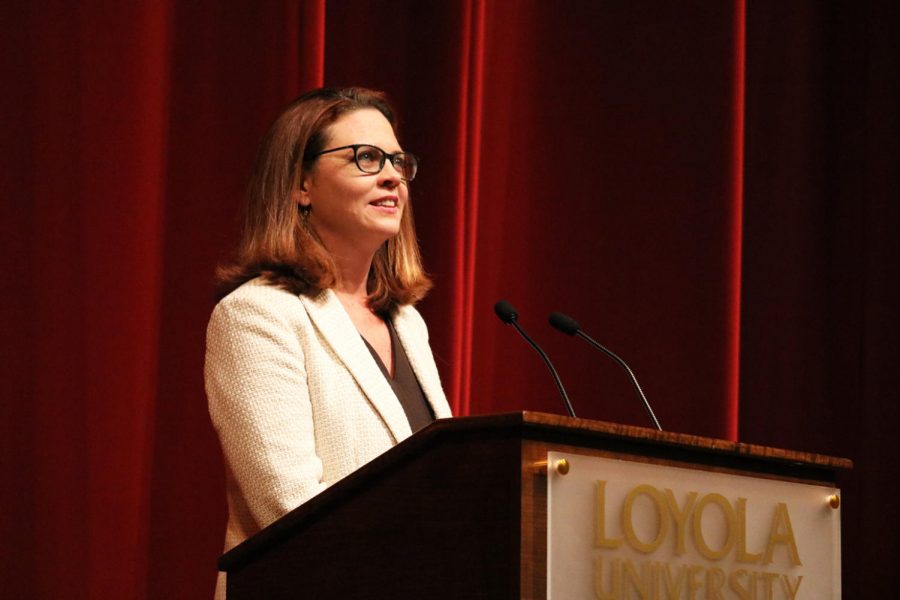
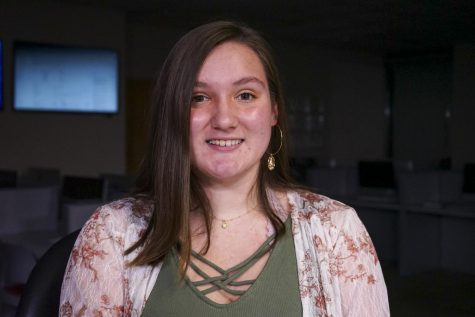

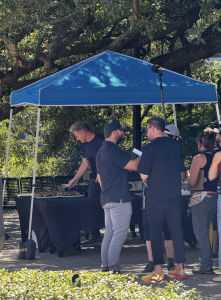
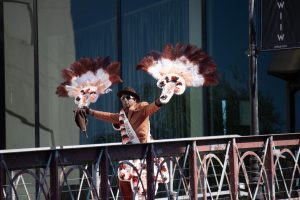
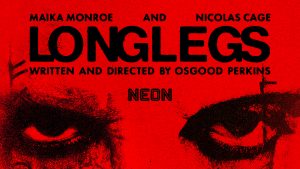
Tom Russell • May 31, 2020 at 7:08 pm
While I agree with President Tetlow that the time for action has come, I believe that as members of the Loyola community that our actions should be preceded by prayer as God has the ultimate power to inspire our hearts and minds, and to heal our wounds while uniting us as a community.
Tyrene Gibson • May 31, 2020 at 8:40 am
Loyola New Orleans needs to continue to have strong leadership in the Office of Diversity & Inclusion. To provide the necessary needs to the Minority students at the university. I was sad to see that Dr. Sybil Anderson left the University and hope to see a strong representation this fall… because who is there now is not doing anything.
Janae Sterling • May 30, 2020 at 8:12 pm
It feels great to know that President Tetlow wants to see change and is supportive of the black student body at Loyola. It feels good to have an ally with such a major role on campus. She’s the only faculty member that I have heard from about the issue. I wish more professors would make a statement like this, so it’s comforting to see her set the example. I hope to see more faculty follow in her footsteps.
The ruthless killing of black people by the police in this country needs to stop, change is desperately needed.